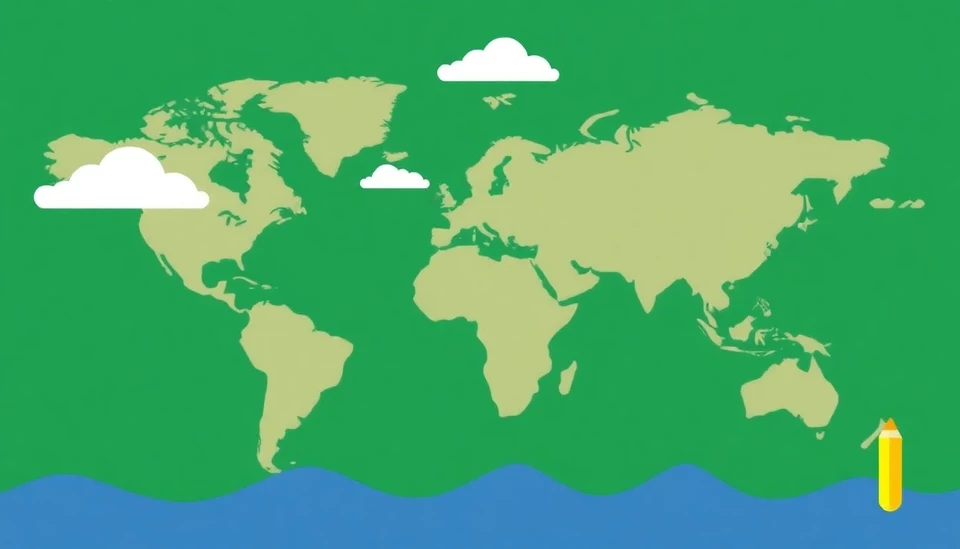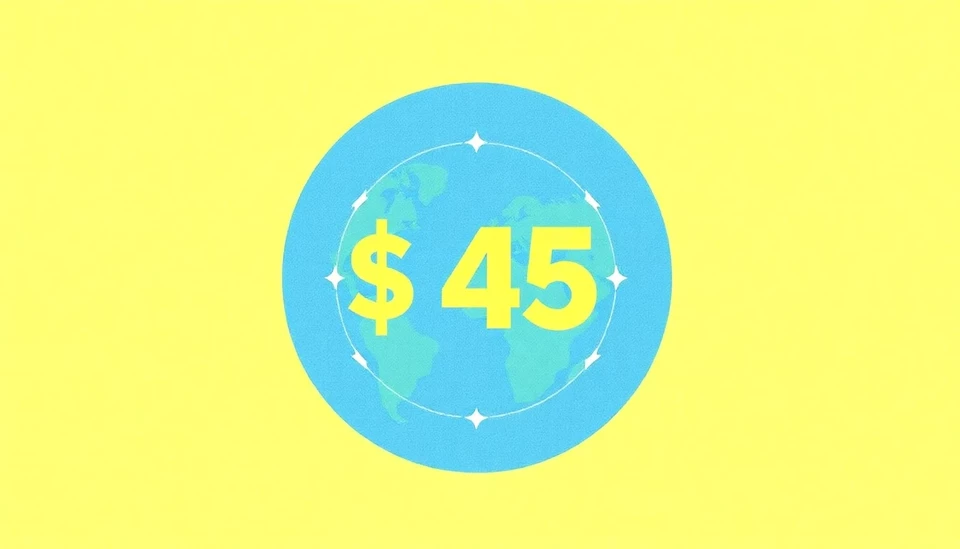
In a significant move aimed at combating climate change, a coalition of development banks has pledged to mobilize a staggering $120 billion in climate finance by the year 2030. This commitment was announced during the United Nations Climate Change Conference, known as COP28, held in Dubai, where world leaders and financial institutions gathered to discuss strategies for environmental sustainability and climate resilience.
The announcement underscores the urgent need for increased funding to support countries in their transition to greener economies. Development banks play a crucial role in this process by providing financial resources that enable nations to invest in renewable energy, infrastructure improvements, and sustainable agricultural practices. This new financial commitment is part of a broader push to fulfill the international community's climate goals, including the ambitious targets set forth in the Paris Agreement.
Leading the charge is the Multilateral Development Banks (MDBs) group, which includes institutions such as the World Bank, the African Development Bank, and the Inter-American Development Bank. These organizations have outlined their roadmap for the coming years, emphasizing not just the monetary aspect but also the importance of catalyzing private sector investment and fostering innovation in climate technologies.
The pledged amount will be diversified across a variety of initiatives, focusing on resilience-building projects that minimize the impact of climate-related disasters. This includes funding for advanced climate monitoring systems, enhancing disaster preparedness, and investing in sustainable land-use strategies that align with local community needs.
Furthermore, the banks aim to improve access to finance for developing nations, recognizing that many of these countries lack the resources and infrastructure to effectively combat and adapt to climate change. By prioritizing climate finance, they seek to equip these nations with the necessary tools to implement vital projects that can significantly mitigate climate-related risks.
“It is imperative that we act swiftly and decisively,” stated a spokesperson for the MDBs. “This $120 billion commitment is not merely a number; it represents a transformative effort to empower countries in achieving sustainable development and tackling the climate crisis head-on.” The spokesperson also highlighted the importance of collaboration between public and private sectors to leverage additional funding and expertise.
This initiative aligns with global efforts to secure long-term financing solutions that not only address immediate climate challenges but also contribute to economic stability and growth. By 2030, the development banks are aiming to fundamentally reshape the landscape of climate finance to ensure that no country is left behind.
As the climate crisis continues to escalate, the forthcoming decade will be crucial for implementing effective strategies to mitigate its effects. The commitment from these development banks signals a proactive stance within the financial sector, acknowledging the essential role it plays in addressing one of the most pressing issues of our time.
In conclusion, the pledge of $120 billion in climate finance by development banks heralds a new era of investment aimed at fostering a sustainable future worldwide. Both vulnerable and advancing economies are set to benefit from this funding, which aims to drive significant climate action across various sectors.
As nations prepare to transition into a climate-resilient future, the world is keenly watching how this ambitious financial initiative will unfold in the coming years, with hopes pinned on the realization of its full potential.
#ClimateFinance #DevelopmentBanks #SustainableDevelopment #COP28 #ClimateAction #GreenEconomy #RenewableEnergy
Author: Sophie Bennett




